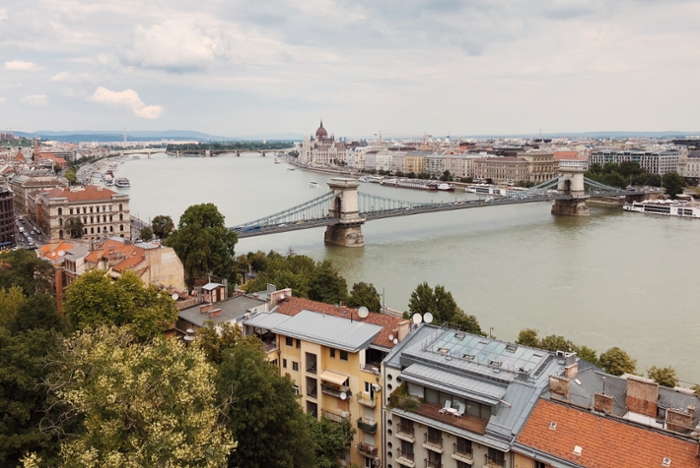Week 7: Holiday in Budapest
This work was cut very short by the 4th of July and the Czech holidays of Saint Cyril and Methodius Day on July 5th and Jan Hus Day on July 6th. The combined American and Czech holidays gave me chance to take a trip to Budapest for five days.
Before heading to Budapest, a lot of work needed to be done to make sure we are on track to put together the grant proposal. Now that the GRECO evaluations have been reviewed, a lot of analysis needs to be done to understand what kind of work would need to be done to put into effect the evaluations. Additionally, the CEELI team reached out to another organization to partner with, so there has been back and forth communication about what countries they have connections to, which of the GRECO recommendations they feel that they could aid in implementing, what areas they could take lead, etc. CEELI members have also been in contact with connections they have in countries targeted by the grant proposal to see what kind of movement could be made in respect to the recommendations. In the GRECO reports, there are certain portions that describe a clear resistance from the country to make changes recommended. While CEELI is willing to put in a lot of work to try to implement the changes, the challenge of trying to make a change when a country’s government is actively resisting that change is an uphill battle that effects CEELI’s role.
On the 4th of July, I headed to Budapest for four days. I had plenty of time to check out all the sites of Budapest, including the impressive Hungarian Parliament Building, Fisherman’s Bastion, Buda Castle, Hero’s Square and more.

One of the more impactful places I visited while in Budapest was the House of Terror Museum. The museum is about the fascist and communist regimes in 20th-century Hungary and serves as a memorial to the victims of those regimes. The building itself had been used by the Hungarian Nazi party, the Arrow Cross Party, and the Hungarian secret police, the Államvédelmi Hatóság. Both groups were known for extreme brutality, murder, and war crimes. During the time of the secret police, the building had a prison in the basement, which got the nickname House of Terror from its use of brutal forms of interrogation, torture, and murders. Something that struck me was the discussion of the end of the Soviet era, and how Soviet troops were still being removed from Hungary through 1991. This is still within my lifetime and helps provide a little more context for what former-Soviet countries have had to overcome since the dissolution of the USSR in such a relatively short amount of time. At CEELI, there is plenty of discussion about the need to support the Central and Eastern European region’s young democracies, but seeing a little more about what had occurred before providers greater context about how important it is to ensure that these countries do not slide back to the practices and forms of government they experienced before.

